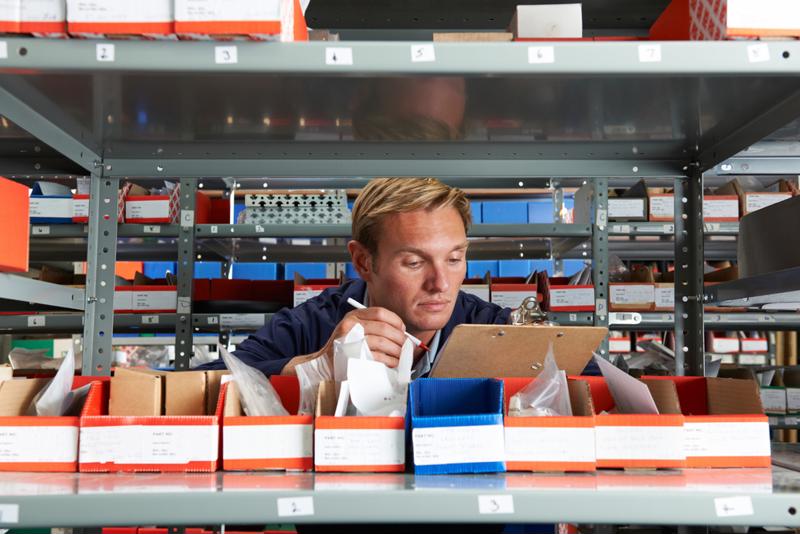3 essential features in a manufacturing ERP solution
Visibility into every aspect of the manufacturing floor is virtually impossible to accomplish without the right tools. Manual data entry can produce many errors that lead to incorrect inventory and cost management. Enterprise resource planning solutions have become a powerful tool for organizations to accurately monitor their operations and plan for the future. A capable manufacturing ERP solution should have three essential features to improve processes:
1. Inventory management
Organizations must be able to understand how much inventory they currently have within their facilities. This plays a huge part in manufacturing to ensure that current project demands are being met, while also buying more materials to prepare for future transactions. It's important for operators to monitor the flow of materials and products throughout the supply chain, and to have accurate information concerning these activities, IT Toolbox stated. ERP systems should have a feature that assigns numbers to parts that can be traced and watched to bolster production scheduling and inventory accounts. Operators should be able to say with confidence where each item is located as well as how many they have in stock. This will be critical to managing costs and planning out projects more accurately.

2. Mobility
Employees no longer want to be tied down to desks or laptops for their operations. On the manufacturing floor, especially when working with other companies and partners, it can be beneficial to have access to an ERP system through a mobile device like a smartphone or tablet. Increasingly, staff are expecting to have flexibility in how they do their jobs, and mobility can certainly provide this. TechTarget contributor Linda Rosencrance noted that operators can create and approve expense reports easily from their mobile devices, among many other tasks. Although this still isn't heavily used within the industry, vendors are constantly improving the mobility of ERP systems and will likely shape the future of the sector.
3. Business intelligence
"ERP systems must be able to track, analyze and report actionable insights."
Within manufacturing, information is a critical part of operations. ERP systems must be able to track, analyze and report actionable insights that will lead to better decision-making. TechTarget contributor Mary Shacklett noted that ERP vendors provide pre-designed reports that will assess sales and operations. Many ERP systems can also data mine and create custom reports based on what metrics the organization wants to watch. Having this information on hand can be critical for identifying weak areas and strategizing how to improve. Business intelligence features will grant manufacturers with visibility into how well they're performing, what items are the most popular and other critical factors.
ERP can be a powerful asset for manufacturers, but only if it's utilized effectively. Organizations should particularly look out for features like analytics, mobility and inventory management to provide a higher level of visibility, efficiency and flexibility. With these functions, manufacturers can better control their operations, accurately forecast costs and provide workers with the tools necessary to do their jobs more effectively.


